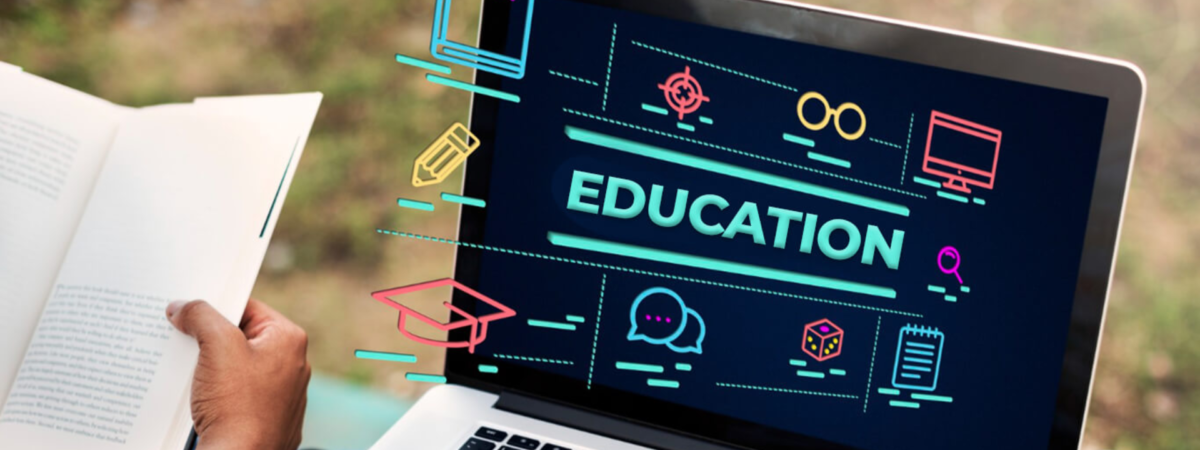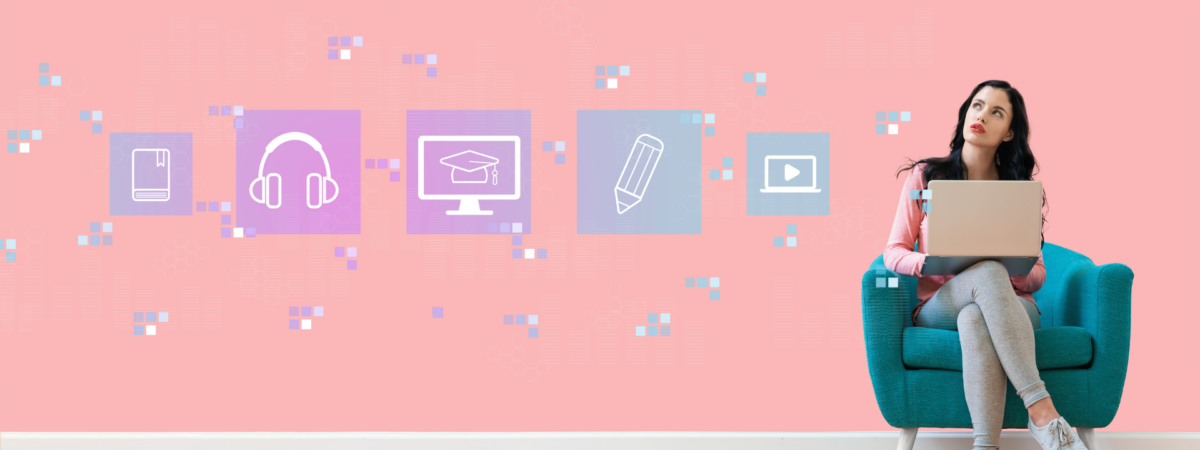Learning with Gamified Microlearning Apps

In recent years, the education and training landscape has witnessed a remarkable transformation with the introduction of gamified microlearning apps. Combining the power of game mechanics and bite-sized learning content, these innovative platforms have revolutionized the way we acquire knowledge and skills. In this blog post, we will delve into the concept of gamified microlearning and explore how it enhances the learning process.
What is Gamified Microlearning?
Gamified microlearning refers to the integration of game elements and mechanics into microlearning modules to create an engaging and interactive learning experience. Microlearning itself focuses on delivering small, easily digestible units of information that learners can consume at their own pace. By incorporating game-based elements such as points, badges, leaderboards, and challenges, the learning process becomes more enjoyable, motivating, and effective.
Enhancing Engagement and Motivation

One of the primary benefits of gamified microlearning apps is their ability to enhance engagement and motivation among learners. Traditional learning methods often suffer from a lack of engagement and interest, leading to reduced retention and subpar learning outcomes. By introducing game elements, such as levels, rewards, and progress tracking, learners are incentivized to participate in the learning process actively.
The gamified nature of these apps taps into the natural human desire for competition and achievement. Learners are motivated to complete modules, earn points, and unlock rewards, creating a sense of accomplishment and progress. This, in turn, fosters a positive learning environment and encourages learners to continue their educational journey.
Personalized Learning and Flexibility

Gamified microlearning apps offer a high degree of personalization and flexibility, catering to individual learner preferences and needs. Learners can access the content anytime, anywhere, using their preferred device, making learning more accessible and convenient. With its short and focused modules, the microlearning format allows learners to learn at their own pace, fitting learning into their busy schedules.
Furthermore, these apps often employ adaptive learning algorithms that personalize the content based on learners’ performance and proficiency. Learners receive targeted content recommendations and can revisit challenging topics to reinforce their understanding. This personalized approach ensures that learners receive the right content at the right time, maximizing the effectiveness of the learning experience.
Continuous Feedback and Progress Tracking

Gamified microlearning apps excel in providing continuous feedback and progress tracking. Learners receive immediate feedback on their performance, enabling them to identify areas of improvement and make necessary adjustments. The instant feedback loop helps learners stay engaged, as they can see their progress and measure their growth over time.
Moreover, progress-tracking features, such as leaderboards and badges, foster healthy competition and encourage learners to strive for excellence. Learners can compare their performance with peers and work towards achieving higher rankings, promoting a sense of community and collaboration.
Applying Knowledge in Real-World Scenarios

One of the key advantages of gamified microlearning is its ability to bridge the gap between theory and practice. These apps often incorporate simulations, case studies, and scenario-based learning to allow learners to apply their knowledge in real-world contexts. By immersing learners in interactive scenarios, they can practice decision-making, problem-solving, and critical thinking skills, preparing them for practical challenges they may encounter in their field.
Conclusion
Gamified microlearning apps have revolutionized the learning process by making it more engaging, motivating, and effective. By integrating game elements into microlearning modules, these platforms capture learners’ attention, foster a sense of accomplishment, and provide personalized learning experiences. Moreover, the continuous feedback and progress-tracking features promote self-improvement, while the application of knowledge in real-world scenarios enhances practical skills. As the education and training landscape continues to evolve, gamified microlearning apps are poised to play a pivotal role in shaping the future of learning.


